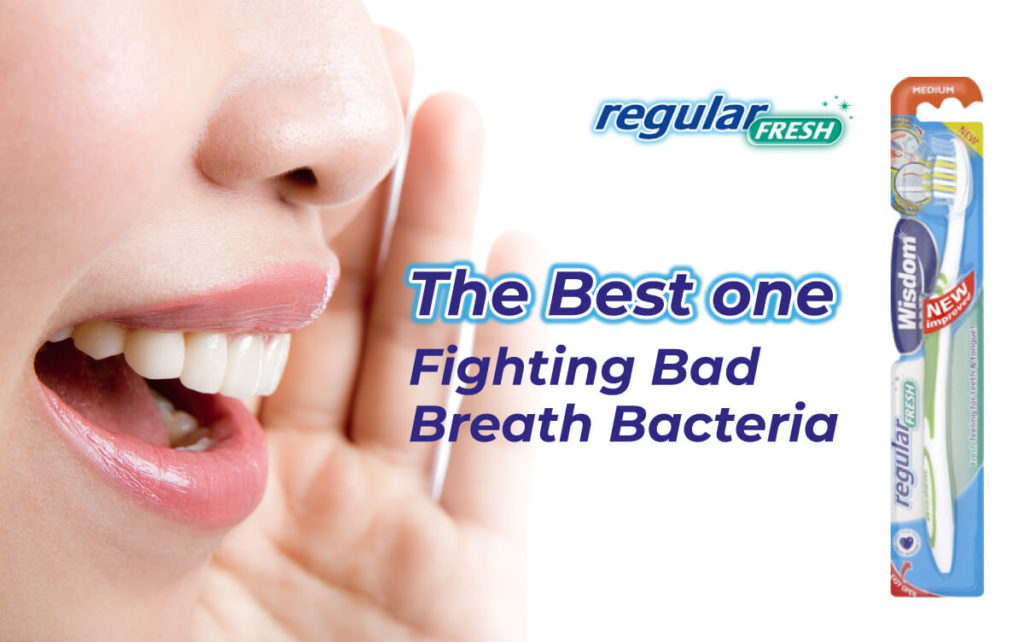Morning breath is a common issue that most people have experienced, but chronic bad breath (Halitosis), is a rather serious condition that affects 1 in 4 people globally. Dealing with bad breath can be stressful, for that reason it is best to prevent bad breath in the first place.
Continue reading to learn all about the causes of bad breath and how to avoid it.
Common Causes of Bad Breath
Bad oral hygiene
When you don’t follow a good Oral Hygiene Routine regularly, food particles build up between the teeth, along the gumline and in your tongue, later these particles transform into bad-smelling chemicals that cause bad breath.
Gum Disease (Gingivitis)
Is an infection that causes strong bad breath, in which the small space between teeth and gums collects debris and gets infected.
The use of Tobacco products can increase the chances of gum disease.
Dry mouth
Your mouth needs saliva in order to naturally clean itself, when it is dry odors can build up, this can happen if you don’t drink enough water, or if you suffer from Xerostomia.
Certain kind of food
If your diet is high on onions and garlic, you are quite prone to develop bad breath, even if you brush your teeth after eating.
After digesting these foods, their breakdown products go into the blood, and then to the lungs where they can continue affecting breath.
Ways to Prevent Bad Breath
- Brush, floss and rinse!
Follow the dental hygiene routine that never fails: brush twice a day, floss at least once, and rinse and gargle with alcohol-free mouthwash once a day (before bed if you prefer going to bed with a cool breath).
- Stay hydrated
Drink water to avoid having a dry mouth, this helps engage your saliva glands, which clean your mouth from any remaining food particles. If you don’t produce enough saliva you can get tooth decay and Halitosis.
- Chew gum (sugarless gum)
Gum helps stimulate the saliva production. As you can notice saliva is pretty important for oral hygiene, it is the mouth’s natural defense mechanism to fight plaque, which is the number 1 bad breath agent.
- Check your toothbrush
If you haven’t changed your toothbrush in a while, and the bristles are starting to seem worned out, then your toothbrush is not doing its job correctly. You need to use a toothbrush that removes plaque and bacteria effectively.
Regular Fresh Toothbrush keeps teeth, gums and tongue clean, helping you avoid bad breath.
Having good oral hygiene is the easiest way to prevent any dental diseases, and make sure that your breath is always pleasant and fresh.

